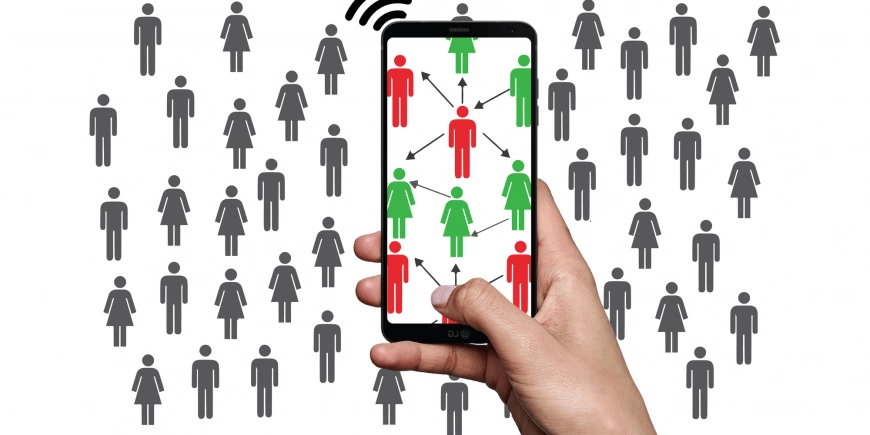Patient Advocates as Contact Tracers: Explore The Possibilities

During this covid 19 epidemic, we have all been challenged both personally and professionally. We have made major and often difficult adjustments, by staying and working from home and strictly following the guidelines of the cities in which we reside. Most of us have not seen clients in skilled nursing facilities or hospitals or even in their private homes. We have resorted to zoom and tele-meetings. We must be sensitive to the fact that our clients in institutional settings have been shut off from visitations by family and friends.
The Need For Contact Tracing
During this period, we have all learned a great deal about transmission of the disease, mitigation strategies, etc. There is no day in which we don’t learn something new. What we have and continue to witness is that many people selfishly care about themselves and don’t follow the rules; many Mayors and Governors are motivated by politics and not medicine. The pandemic has been disgracefully mismanaged by our national leadership, which has caused many states to reach new hospitalization levels which are far worse than at the height of the pandemic. One of the most significant state strategies is the implement ation, hiring, and training of the contact tracers who will play a key role in slowing the spread.
Who Are Contact Tracers and What Do They Do?
Contact tracers are employed by public health departments and are involved in contacting covid positive patients. Tracers quickly locate and talk with the patients, assist in arranging for patients to isolate themselves, and work with patients to identify people with whom the patients have been in close contact so the contact tracer can also locate them.
My goal is to integrate contact tracing into my ongoing patient advocacy practice. I challenge all of you to do the same.
Additionally, contact tracers assist and provide support to patients who have circumstances which make isolation difficult,because of financial issues, inability to seek medical care, difficulty in obtaining food, child care support, etc., while in quarantine. In short, contact tracers are not only investigators, but social workers, and counselors.
Patient Advocates as Contact Tracers
Every patient advocate in some way can work as a contact tracer. Ask your clients if they know anyone who has covid, and if that person was in contact with other people. Find out who those people are and phone your local public health department. This is not difficult, and it can save lives. Our job is not to perform the function of the contact tracer, but if we can can serve as a referral source to our County Health Department for people who have been exposed to the disease,, we might save a life.
If you want to learn more about contact tracing or become a certified contact tracer, you can register for the Johns Hopkins Michael Bloomberg Contact Tracing Certificate program. I completed the course and found it enriching. I will soon begin a much more intensive course at Oakton College in Skokie, Illinois. This course was developed in conjunction with the Illinois Department of Health and the CDC.
My goal is to integrate contact tracing into my ongoing patient advocacy practice. I challenge all of you to do this same.
